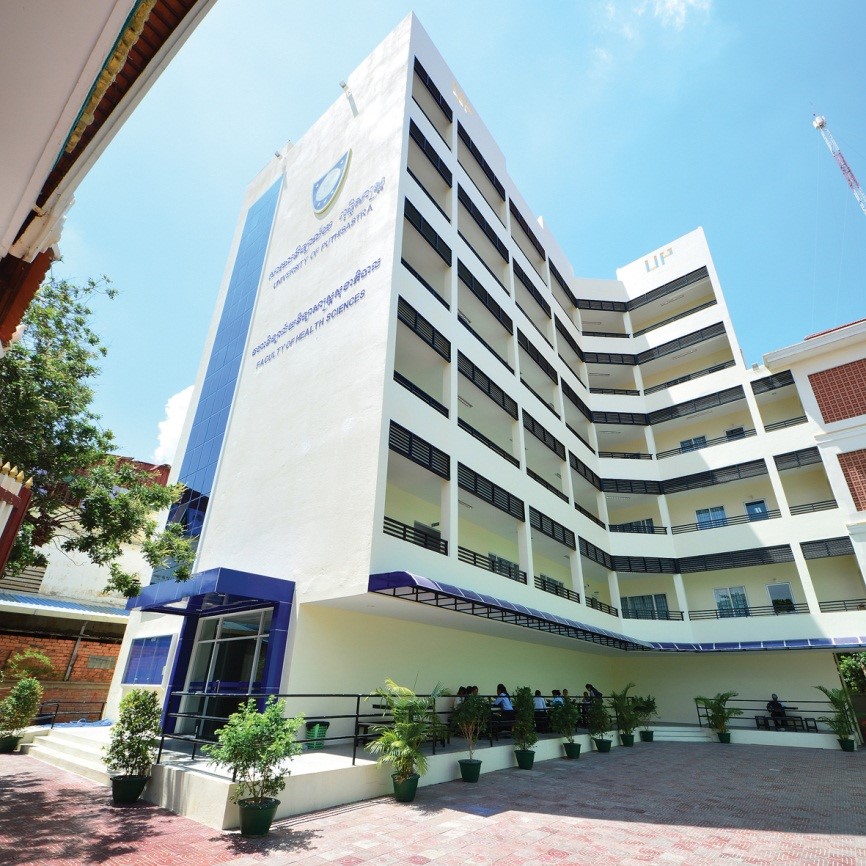FIP, as the global leader for pharmacy, has taken the initiative to build the “FIP World List of Pharmacy Schools”, which will be the most comprehensive and up-to-date list of pharmacy institutions from around the world. This global list is intended to guide all pharmacy stakeholders, from students to policymakers, in assessing the appropriateness and effectiveness of pharmacy education strategies. The availability, completeness and quality of FIP’s World List of Pharmacy Schools means it will provide a unique source of information for pharmaceutical workforce policies, procedures and plans.
Further background on the FIP World List of Pharmacy Schools:
The FIP World List of Pharmacy Schools is an initiative to monitor pharmaceutical capacity and capability, similar to those of many other global organisations, such as the World Medical Schools List held by the World Medical Association. Given 2021 is the World Health Organization’s Year of Health and Care Workers, the need for our global organisations to demonstrate increased capacity in all health workers is key to ensure our professions are not further diminished but amplified.
FIP is a founder member of the World Health Professions Alliance (WHPA) with doctors, nurses, dentists, and physiotherapists. All WHPA members have been requested to feedback their schools’ status to the WHO as part of pandemic preparedness, and FIP having a list of accredited pharmacy schools will help to identify where schools may be needed and created to ensure long-term pharmaceutical workforce capacity.

University of Puthisastra
Faculty of Health Sciences
 Building 55, St. 180 & 184, Sangkat Boeung Raing Khan Daun Penh, Phnom Penh
Building 55, St. 180 & 184, Sangkat Boeung Raing Khan Daun Penh, Phnom PenhCambodia
website google maps
- To introduce pharmacy students to the delivery of patient care services directly through the evaluation and validation of medication orders and prescriptions, prospective pharmacy review, primary healthcare, health promotion, dispensing of medications and comprehension of the delivery systems involved in outpatient and inpatient health care environments.
- To develop pharmaceutical care utilizing introductory and advanced clinical pharmacy skills in the outpatient and inpatient health care settings applying appropriate patient-specific data, pharmacotherapeutic knowledge, and ethical assessment incorporated with basic problem-solving skills.
- To introduce and develop critical thinking processes in the student (i.e. assessment, analysis, evaluation and synthesis of medication-related issues) relative to drug informatics, clinical pharmacy consultations and delivery of clinical pharmacy services.
- To develop verbal and written communications skills in the clinical setting through application, research, and analysis of medications, pharmacotherapeutic and pharmacologic principles and clinical dilemmas.
- To develop progressive clinical pharmacy communication skills emphasizing empathy, education, and ethics in students through interactions with a variety of patients on specific-drug related problems and medical diseases.
- To improve professional communication with other health care providers through on going interactions related to patient care issues
- To provide students with knowledge of drug manufacturing, quality control, quality assurance, pharmaceutical marketing, and research and development of new or improved products.